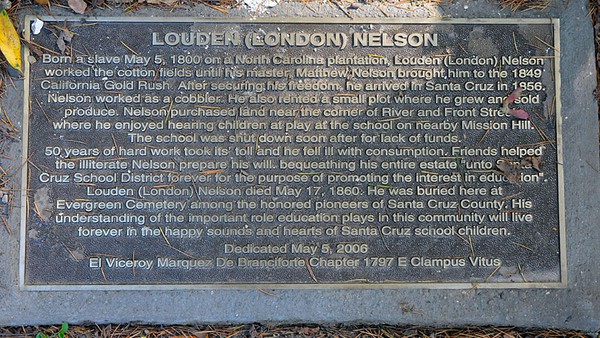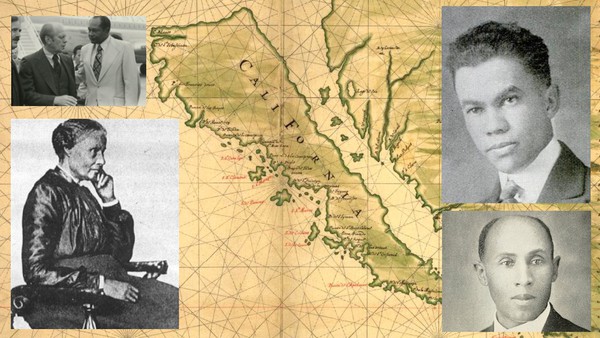On March 31, 1968, Dr. Martin Luther King Jr. said, “We shall overcome because the arc of the moral universe is long but it bends toward justice.” Less than a week later, the civil rights activist was assassinated. And 55 years later, it still feels as if it will take a long more bending to reach that promised land of justice.
Take, for instance, what seems to be a modest step in the right direction. Starting with the 2023-2024 school year, the College Board—a nonprofit organization that administers standardized tests and develops advanced placement (AP) curricula used by K-12 institutions—is expanding its pilot program on AP African American Studies. But what is welcome news to a high school teacher in Santa Cruz is an invitation to wannabe demagogues like Florida governor Ron DeSantis to raise the alarm about “critical race theory.”
When the official curriculum was made public on Feb. 1, The New York Times reported that the College Board had “purged the names of many Black writers and scholars associated with critical race theory, the queer experience and Black feminism.”
The College Board has pushed back hard on the notion that DeSantis and the Florida Department of Education forced these changes. In a statement, the board said it realized terms such as “systemic marginalization” and “intersectionality” serve as red flags in red states: “We took a hard look at these terms because they often are misunderstood, misrepresented, and co-opted as political weapons. Instead we focused throughout the framework on providing concrete examples of these important concepts.”
David Coleman, head of the College Board, said the board received feedback that theoretical sources—i.e., expunged scholars like Columbia law professor Kimberlé W. Crenshaw and author Ta-Nehisi Coates—were “quite dense.” He added, “I think what is most surprising and powerful for most people is looking directly at people’s experience.”



